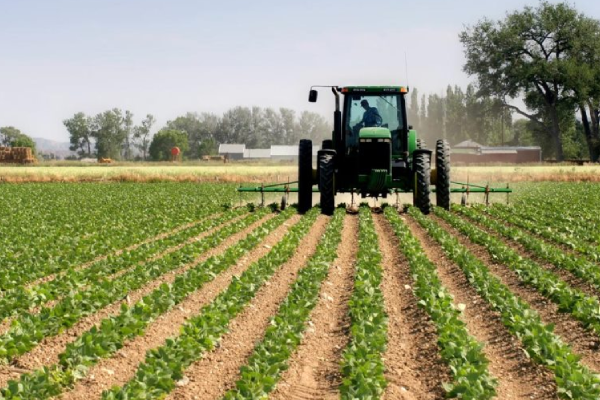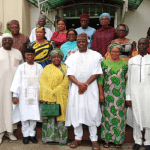A USAID-funded project in Nigeria is set to generate evidence that will help policymakers strengthen agricultural resilience.
It demonstrates the significance of digital literacy components in agricultural programs for rural development.
Speaking at a baseline dissemination workshop in Abuja, speakers emphasised the need to intensify information on a government insurance policy available to the rural farmers.
The application of digital technology within resilience and food security sectors has both sectoral unique elements, as well as some commonalities. Digital technologies present an opportunity to benefit multiple resilience and food security sectors in parallel.
[wonderplugin_video iframe=”https://youtu.be/noU63fTrJk4″ lightbox=0 lightboxsize=1 lightboxwidth=960 lightboxheight=540 autoopen=0 autoopendelay=0 autoclose=0 lightboxtitle=”” lightboxgroup=”” lightboxshownavigation=0 showimage=”” lightboxoptions=”” videowidth=600 videoheight=400 keepaspectratio=1 autoplay=0 loop=0 videocss=”position:relative;display:block;background-color:#000;overflow:hidden;max-width:100%;margin:0 auto;” playbutton=”https://www.tvcnews.tv/wp-content/plugins/wonderplugin-video-embed/engine/playvideo-64-64-0.png”]
Agriculture is a key economic sector and the highest employer of labour.
In Nigeria, 30.5% of employed persons are engaged in agriculture, according to the 2010 record of the National Bureau of Statistics.
However, the productivity of the Nigerian agricultural sector remains low due to inadequate use of yield-enhancing agricultural inputs and technologies.
The low productivity of the sector has negatively impacted on the resilience of the main actors, communities, and regions.
To tackle this, USAID has established three projects in Nigeria to generate evidence that will provide policy options to help bolster resilience and keep rural stakeholders viable.
The projects will also stress the need for digital literacy components to be included in agriculture for rural development Programmes.
Some of the factors affecting the development of Nigeria’s agriculture sector include limited access to extension services, credit restrictions, poor infrastructure, insufficient access to markets, land and environmental degradation, and climate risks














